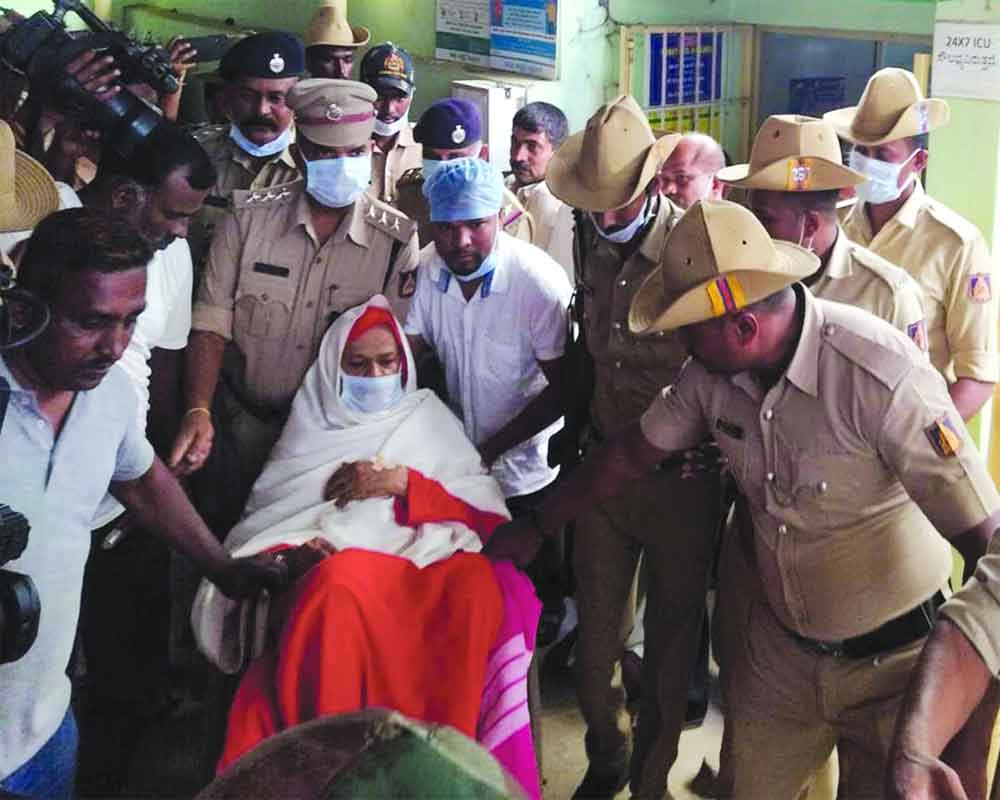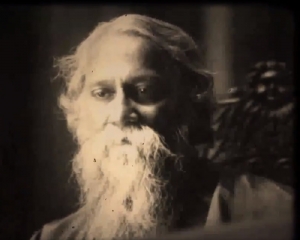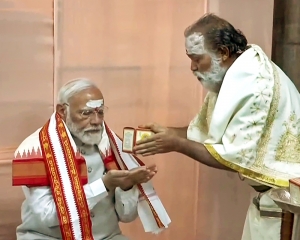The alleged rape of a minor by the Chitradurga seer shows degeneration of values and how selfish and self-serving political leaders have become
Two minor girls, one belonging to the Dalit community, aged 15 and 16 years, were allegedly sexually assaulted over 3 to 5 years by the seer of the Lingayat community in his ashram at Chitradurga, Karnataka. Upon the girls' complaints, a case was registered against the seer and the stringent POSCO act was also invoked. For full five days, neither was the accused arrested nor even interrogated; reportedly, the site of the crime was compromised. The girls studying in the school run by the ashram, however, were evacuated to safer places. Meanwhile, the accused filed a petition seeking anticipatory bail from the court. As protests gathered across the state of Karnataka, the government issued a lookout notice for the seer. Meanwhile, politicians of all hues continued to visit and support him. Only after NCPCR registered a case and the protests by NGOs, Dalit organizations, and the intense coverage by media reached a crescendo that could not be ignored any further, was Shivamurthy Murugha Sharanaru, the accused seer, arrested on the sixth day. Against the backdrop of this rather spare précis of the events, let us examine a few nuances.
In mollycoddling the seer, various red herrings and thin excuses were trotted out by politicians of diverse parties with a stake in the state's politics - conspiracy in the Math against the seer, fight between a former MLA and Swamiji, 'personal view' that Swamiji was a very noble man, the precise nature of the allegations being unclear yet, the great good deeds of the holy man in the field of social welfare. The rot in Indian politics was all too clear - the vote bank mattered more than public morality, and personal gain superseded societal interest. The typical Indian politician was again shown to be merely a manipulator, not a leader or statesman; he would simply blow with the electoral winds instead of taking a moral stand.
This, of course, is a well-known vice of our much-reviled, thick-skinned Neta. But what is intriguing, and indeed even more upsetting, is the support that the accused continued to get from within the Lingayat community despite the heinous nature of the charges. Rapes are vile, more so, of minors but when they are committed by a man of religion old enough to be their grandfather over a while, they cross over from mere punishable crime to insufferably repugnant depravity. And yet the community continued to stand by the accused. It is the inability of our masses to think on their own that is exploited by politicians and religious leaders alike. Carried to extremes in different contexts, and given some enabling theological tenets, it is this cynical manipulation of naïve gullibility that turns promising young men into life-sacrificing terrorists while the puppeteers rake in the moolah and send their children abroad for studies.
Thirdly, the authorities who slapped the stringent POSCO act, knowing full well the seer's political clout, displayed personal courage and professional integrity of a high order. For our bureaucracy, the vaunted steel frame that is getting rapidly rusted, there is much to learn from this - an upright public servant can stand up to the wily politician and save his conscience and dignity, albeit at some cost to his career.
Fourthly, the minor girls' pluck is truly admirable; they must have been subjected to tremendous pressure to take back their charges and; possibly, offered rich inducements too. Yet they stuck to their guns till the last reports came in.
Fifthly, the compelling moral suasion that the media can bring to bear on public opinion, and through that on political parties, was borne out. The unbridled pursuit of electoral benefits by politicians of different hues was seen to be leashed back and muzzled up in the wake of adverse media coverage.
Upon being required by an uncharacteristically stern, upright judge to stand in the witness box, the seer broke down. It signified the breaking down of his ego too. This was in contrast to his earlier nonchalance when he had continued to address gatherings and receive politicians and go about business as usual at his Math. True, his confidence had stemmed from the support of politicians and his followers; but the utter lack of embarrassment or discomfiture looked inexplicable. One may feel secure from the law but what of the moral opprobrium flashed across TV screens and splashed over newspapers' front pages? The seer's elan in disgrace was reflective of what the French sociologist Emile Durkheim termed Anomie, a lack of values and norms in a society that has gone amoral, where moral judgments are seldom made. In the initial years of our freedom, with high hopes and pious ideals in the air, all charges of corruption would have been acutely embarrassing for the protagonists; no more now. Yesterday's mark of shame, it seems, has become today's badge of honour. Is the land of virtuous Gandhi becoming the land of unethical Machiavelli? Well, not anymore, assuredly, as the law belatedly takes its prescribed courses.
(The writer is a former banker & columnist writing on issues of social import. The views expressed are personal)


























